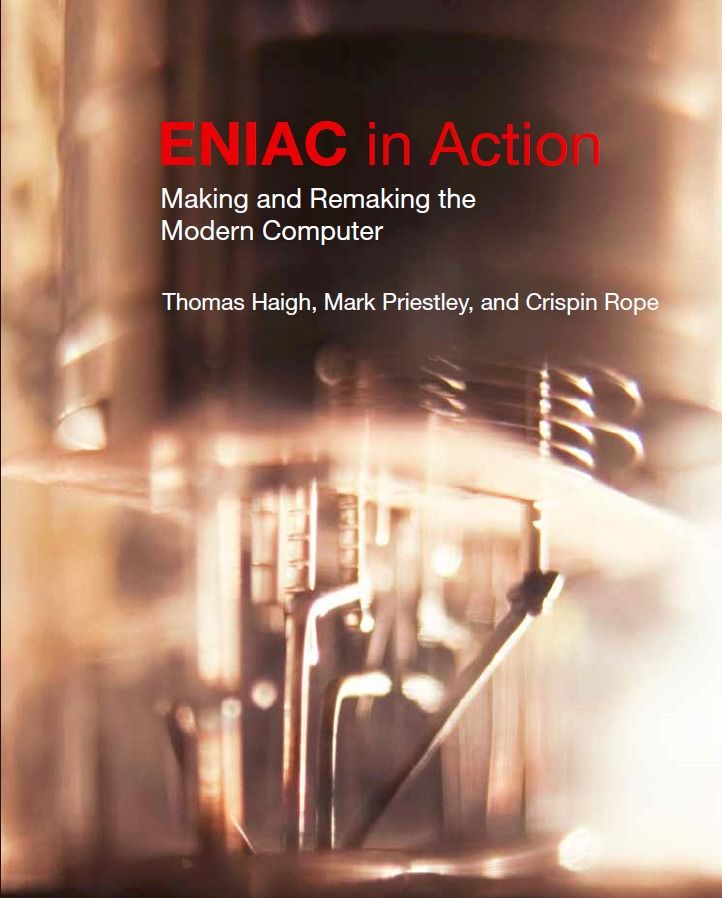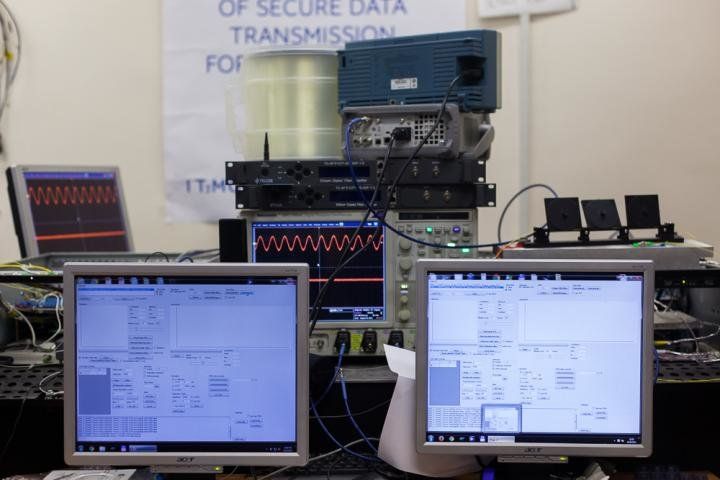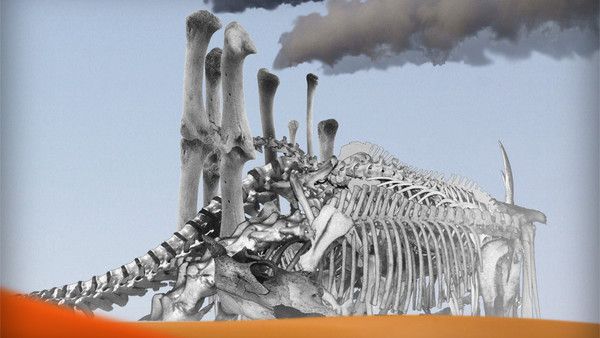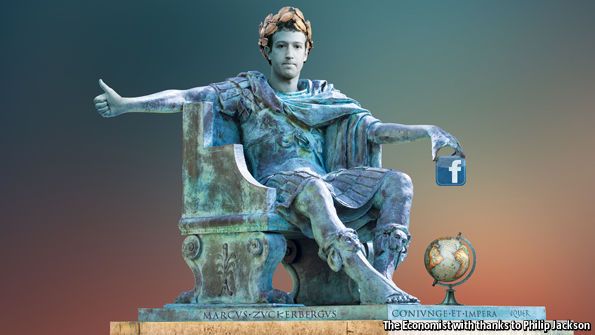AI has been around for over 50 years. So, no it is not new technology. However, what is new is the various breeds of AI. Online bot technology is where folks can expect a larger immediate return. physical Robotics is still not going to deliver at the level that the consumers and various businesses require for adoption on a massive scale. Again, quantum and bio-computing will improve robotics as well as other areas of AI.
The history of technology, whether of the last five or five hundred years, is often told as a series of pivotal events or the actions of larger-than-life individuals, of endless “revolutions” and “disruptive” innovations that “change everything.” It is history as hype, offering a distorted view of the past, sometimes through the tinted lenses of contemporary fads and preoccupations.
In contrast, ENIAC in Action: Making and Remaking the Modern Computer, is a nuanced, engaging and thoroughly researched account of the early days of computers, the people who built and operated them, and their old and new applications. Say the authors, Thomas Haigh, Mark Priestley and Crispin Rope:
The titles of dozens of books have tried to lure a broad audience to an obscure topic by touting an idea, a fish, a dog, a map, a condiment, or a machine as having “changed the world”… One of the luxuries of writing an obscure academic book is that one is not required to embrace such simplistic conceptions of history.









